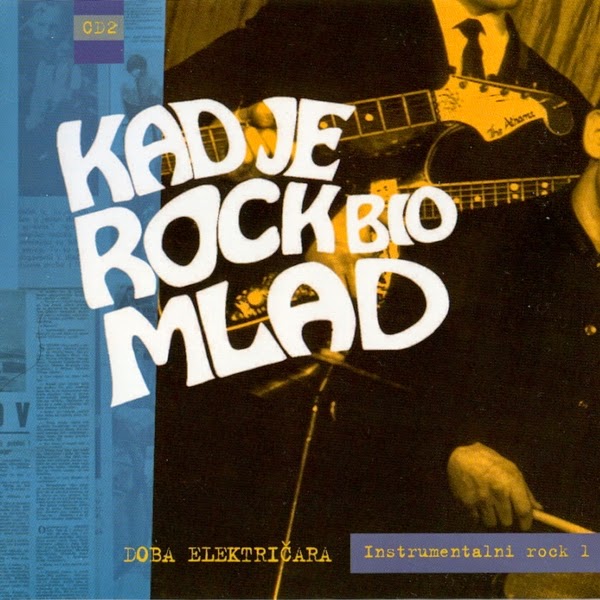As the final essay in 2014 I would like to mention something that is very rarely described here and this is a painting. I have no idea why this blog constantly ignores art because it is a great love and inspiration for me, in the future I need to focus more on this. Several days ago some of the passengers on this current cruise mentioned a painting with a very interesting story and it intrigued me enough to search some info on Internet about, it turned out fascinating story.
"Flaming June" was painted in 1895 and represents a sleeping beauty that might have came straight from the world of classical Greece. She truly looks like one of mythical Hellenistic Goddesses caught in a dream, wrapped in a transparent dress, completely lost in a sleep. Oleander branch above her apparently symbolizes connection between sleep and death. The painting is beautiful but it seems that for some reason this kind of art fell out of fashion at certain point and it ended up unwanted and forgotten in some art gallery. Now, how can a masterpiece actually fall out fashion is a question that sounds quite paradoxical to me - could it be that world was simply overdosed in similar style of art and people had enough of it? As I understand it, that whole style called Pre-Raphaelites eventually got swept away when new artists came along and photographic attention to details (along with mythological subjects) became old hat. I happen to love mythological subjects and Pre-Raphaelites so naturally this is something completely right up my alley. Give me Avalon and long haired priestess anytime, I will worship Mother Goddess, Moon and anything pagan immediately (& gladly eat some crazy mushrooms while I'm at it). If I danced naked around Stonehenge in a previous life, I can do it again.
Back to "Flaming June" - some seven decades later, this now-elderly lady found herself forgotten and abandoned in some gallery in Amsterdam. It was here that certain Puerto Rican politician saw it and purchased it for his own private gallery. At this point painting was considered too Victorian and old-fashion for important museums who couldn't be bothered with it, although the price for it was US $140 - so "Flaming June" ended up in Puerto Rico where she lives to this day. The couple who told me about the painting actually travelled there just to see it and once they arrived, they sat for hours in front of painting, just soaking in it. Of course I found out about it after I visited Puerto Rico, but who knows, maybe I will visit again. I visit and re-visit places around the world so often that sometimes I even don't remember where I am. But I love the story about this painting and not only its beautiful piece of art but her after-life is fascinating. I still remember how much I enjoyed London's Tate Gallery and the whole Pre-Raphaelite style appeals to me - blasphemous as this might sound, I seriously believe that some of the later artists simply wouldn't even know how to create something like this. Broad strokes and impressionism is just fine as long as its not just a end in itself - I understand that Victorian art could also be seen as contrived and deliberately delicate & decorative but I found no fault whatsoever with "Flaming June" and find her magical every time when I look at this painting. She is also very sexy, warm and erotic as well. She reminds me of work by Lawrence Alma-Tadema and all his countless mythological beauties, in fact this particular painter (previously unknown to me, Sir Frederic Leighton) have his own museum in London and I definitely have to visit that place. Its somewhere around Holland Park, which means that I probably walked around many times not knowing about it. Well, for everything there is a season, I guess. Younger me was too busy with hedonism to seriously think about art. Older, middle-aged and somewhat more attuned with myself, now I notice such things. Happy New Year to me and let's write more about art in 2015.
.jpg)


.jpeg)














